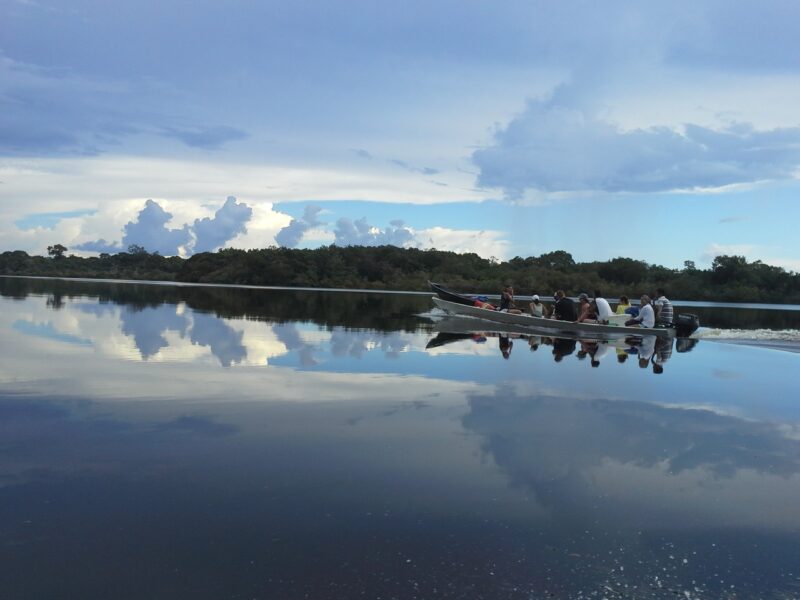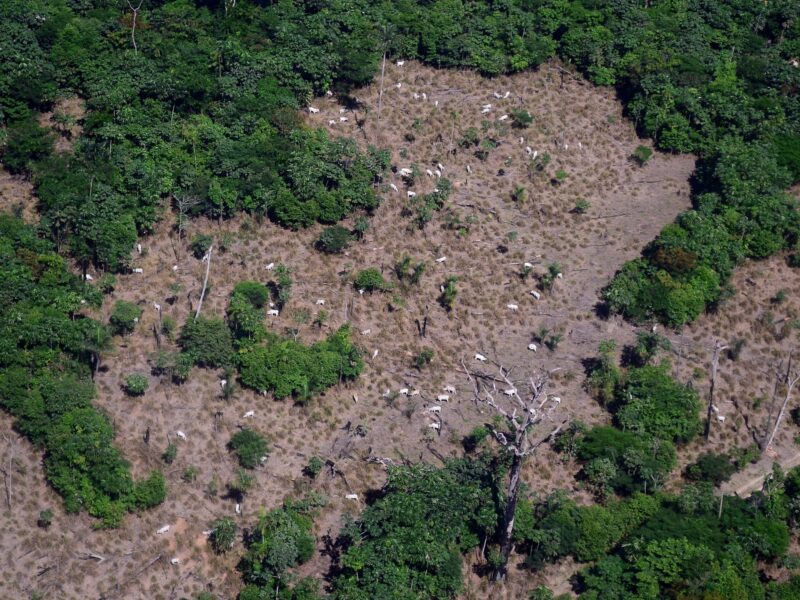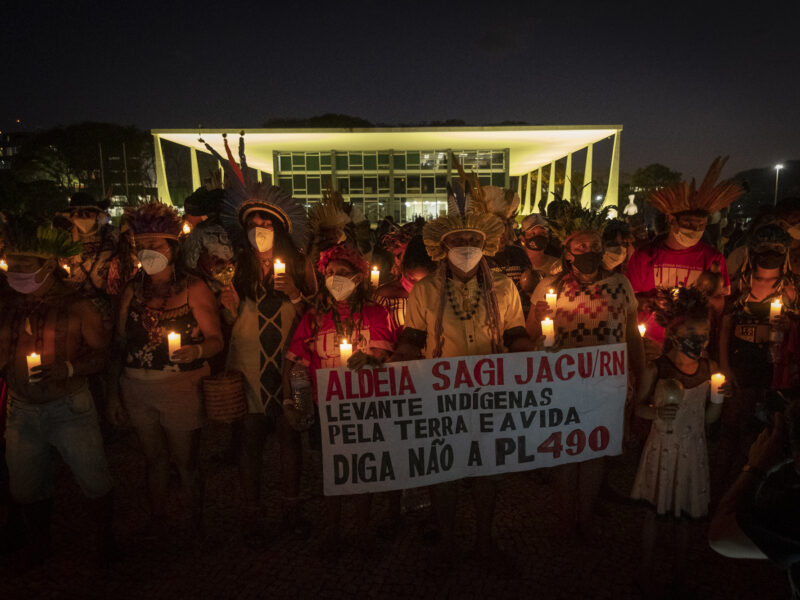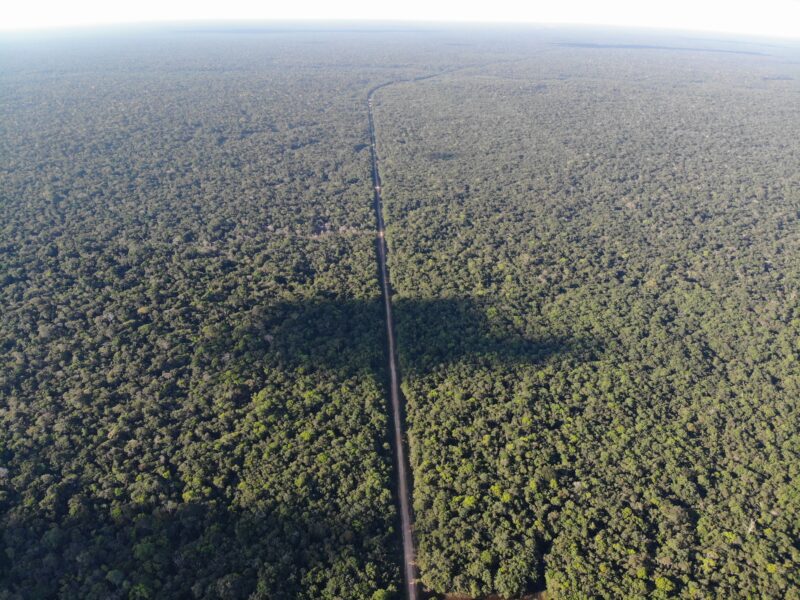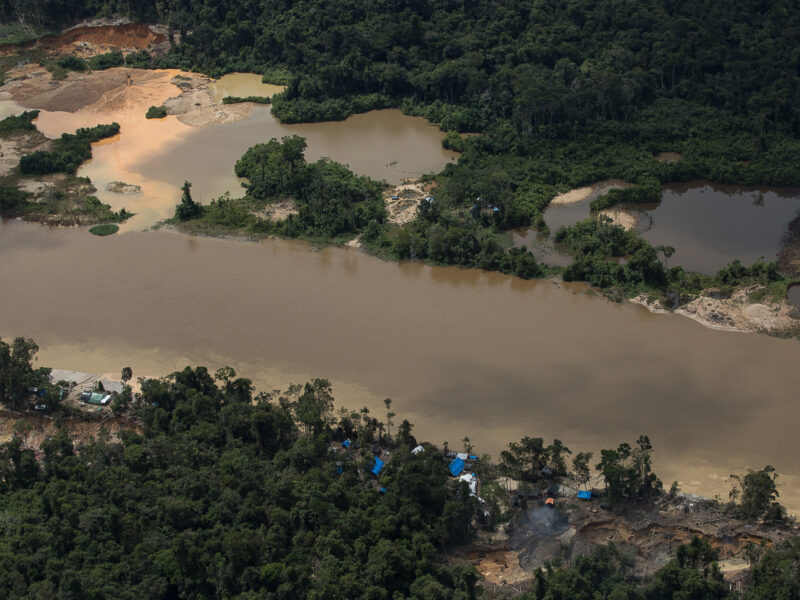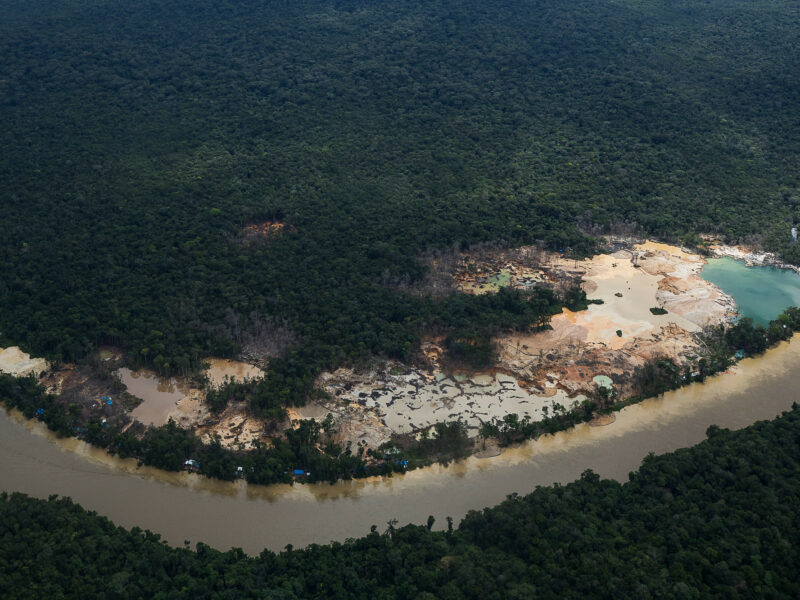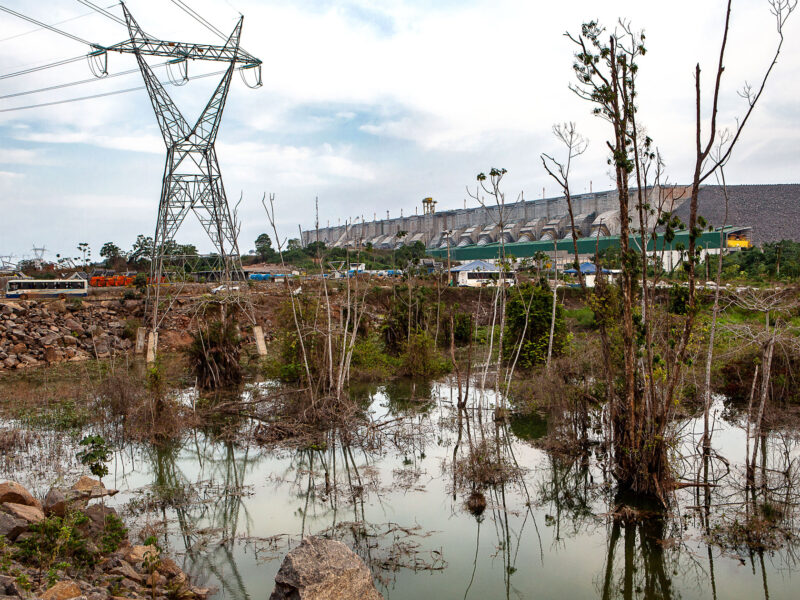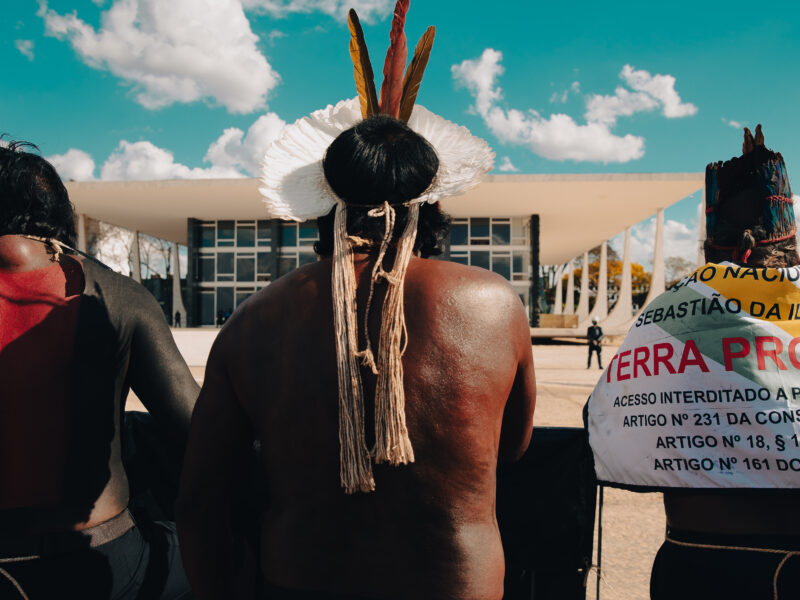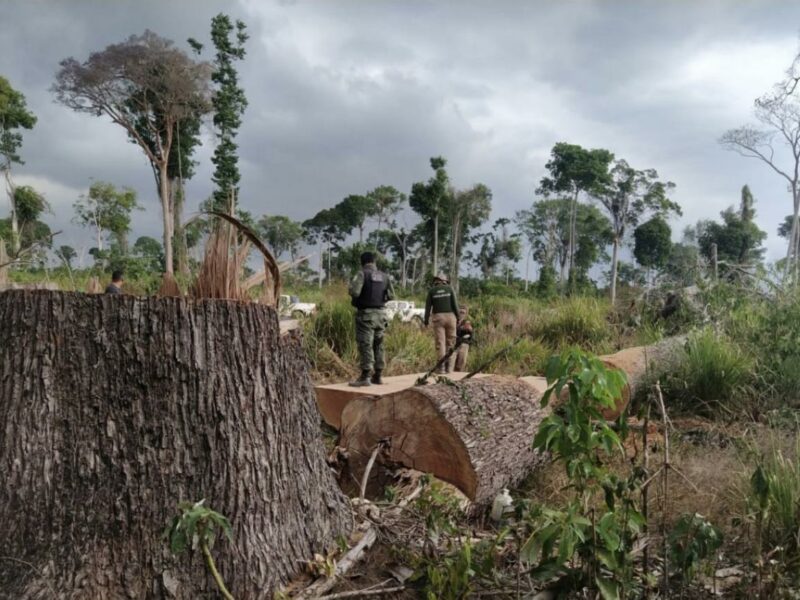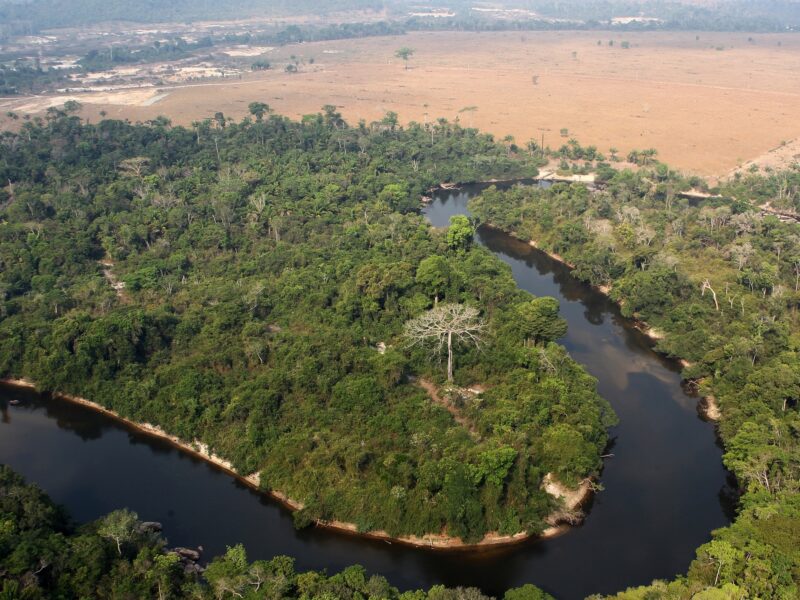A study reveals that activities such as mining, deforestation and agriculture have altered the ecosystems and biodiversity of the waters of 149 major rivers throughout the world, putting entire populations at risk.
Category: type
Meat production in the Amazon should undergo thorough inspections
Agreements to regulate husbandry in Pará have advanced and serve as a model for adapting the production chains of other Amazonian states. Pará is the leader of the initiative.
These 4 bills could worsen land tenure chaos in the Amazon
Contrary to the issues debated at COP26, both houses of Congress are discussing bills that increase deforestation, give amnesty to public land grabbers and weaken the protection of indigenous peoples’ rights.
“Construction works on the BR-319 highway are politically motivated”
The executive secretary of the BR-319 Observatory, Fernanda Meirelles, tells about how the renovation plans for a stretch of almost 500 km advanced, trampling indigenous rights and ignoring incomplete environmental studies. This highway may aggravate deforestation in southern Amazonas, a region which already breaks records month after month.
Legislative bills may increase deforestation in permanent preservation areas
Proposals allow for deforestation and construction projects in river and stream courses to irrigate crops and sustain farm animals. These changes can lead to an increase in the already historic drought plaguing the country.
Brazil has been the lead destroyer of the Amazon over the last 36 years
Analysis by Raisg and MapBiomas shows forest loss equivalent to Chile’s entire land area. Pará deforested twice as much as all other Amazonian countries combined. Mining was the fastest-growing activity since 1985.
Global Manifesto Calls for End of Investment in Hydroelectric Power Plants
The appeal signed by 300 organizations around the world addresses the COP26. According to the document, hydroelectric power plants increase greenhouse gas emissions and deplete natural resources. In the Amazon, Belo Monte deforested an area larger than the city of São Paulo. Works at 12 hydroelectric plants could lead to the deforestation of 9,500 km2 in the Tapajós river basin.
Hemmed in by agribusiness, Xavante territory is hit by high Covid-related mortality rates
With pressure on their native land and traditional foods, agrochemicals polluting their rivers, and a high rate of chronic disease have left the Xavante people of Brazil’s Cerrado savanna vulnerable to the pandemic.
Most of the wood consumed in Brazil may come from illegal deforestation in the Amazon
A survey shows that failures in the control systems make it difficult to identify the origin of wood extracted from the Amazon, which increases the chances of criminal exploitation. Improving data transparency is essential to legalize production chains.
The deforestation of the largest continuous area of forest in the Amazon
In the municipality of Altamira, Pará, almost 6,500 hectares of public forests were cut down in 2020. One of the people responsible deforested 60% of this area and did not stop even after being fined by Ibama.


